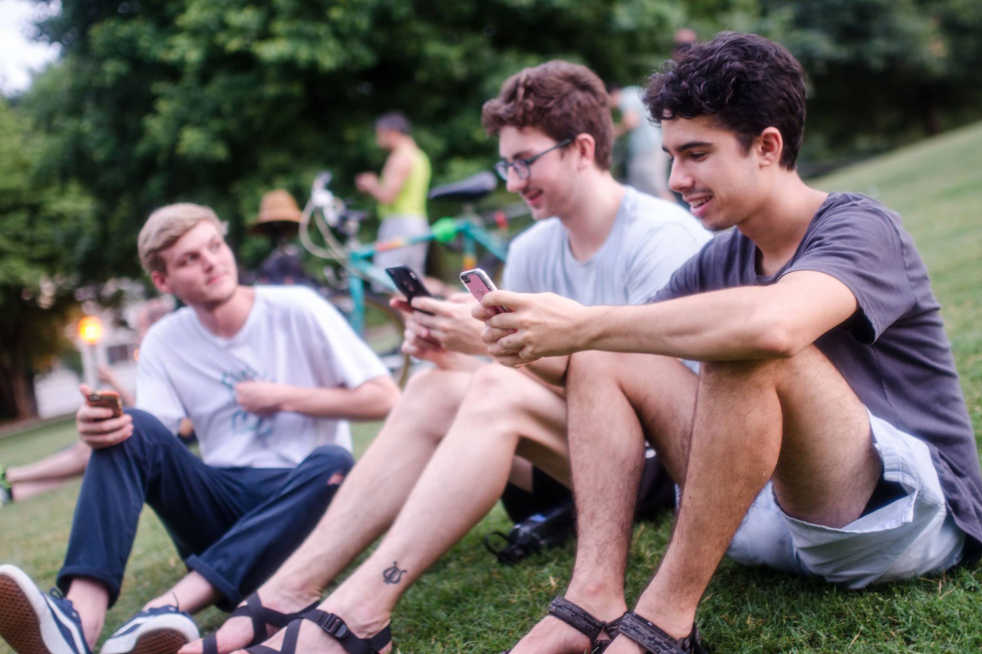Imagine this scenario: you are driving down a busy Atlanta street. The radio is tuned to the local rock station playing a song from Blink-182’s “California,” a recent chart topper. To your right, a glowing billboard advertising “Ghostbusters” vies for your attention. Your veins turn to ice as you move for the brakes, just barely missing a pedestrian and making you even more late for tonight’s episode of the X-Files reboot.
As you slowly regain your composure, the man in the street stands undeterred and seemingly unaware of your presence. Wild eyes meet yours as his gaze moves from his phone, and after a short apology the man runs off into
the night.
Occurrences like these have become more common as Pokemon Go, a mobile app developed by Google offshoot Niantic, becomes the new ringleader of America’s nostalgia circus. Yellow Jackets and squirrels are no longer the only animals on Tech’s campus as 150 different Pokemon have swarmed the midtown area, followed closely by students intent on catching them all.
These Pokemon are the central figures of a Japanese media franchise dating back to 1995. This is hardly the same phenomenon that gripped the world over two decades ago, however. Game Boys have found themselves replaced by smartphones, while bedrooms and schoolyards have given way to parks, restaurants, and the busy streets of Atlanta
The games, which have historically offered person-to-person interaction in the form of trading, training and battling these digital monsters with your friends, have finally found their stride in the social landscape by bringing players outside and into public spaces. This social aspect, combined with the game’s unparalleled ubiquity, have turned Tech’s campus into an almost surreal virtual hunting ground.
While the game has been lauded for its efforts at getting people outside and active, it has also garnered a fair amount of criticism. Absent-minded pedestrians have flooded Atlanta’s streets, putting their desire to “catch them all” ahead of their will to live. Private property all across the country has been rife with trespassers, with home and business owners blaming the game for their unwelcome guests.
The game’s ability to draw a crowd has not been overlooked by culture-savvy business owners, however. Pokemon Go has proven to be an economic boon to small businesses, with many restaurants and bars reporting up to a 50 percent increase in profits since the game’s release at certain times. Pokemon lures, an in-game item that can be bought for real-world money, have become a common business expense around the Midtown area. For businesses like Tech Plaza’s Sublime Donuts, the sales brought in by these lures are a Godsend.
“People come in here, grab some donuts, and play Pokemon. They say this area is the hot spot,” a spokesperson for Sublime said. “We have definitely seen business go up in the past few weeks.”
Fortunately for them, Pokemon Go has found its way onto a record number of phones: Apple’s App Store reported that the game received more downloads in its first week than any other app in history, despite only being available in three countries. Though the craze has slowed of late, developers have taken note that public alternate reality games can be immensely successful.
So while they may not be hunting Pokemon, mobile users will continue to be drawn out into Atlanta’s streets, businesses and restricted areas. No matter individual opinions, there seems to be a bright future ahead for dive bars, dogs and data plans.
